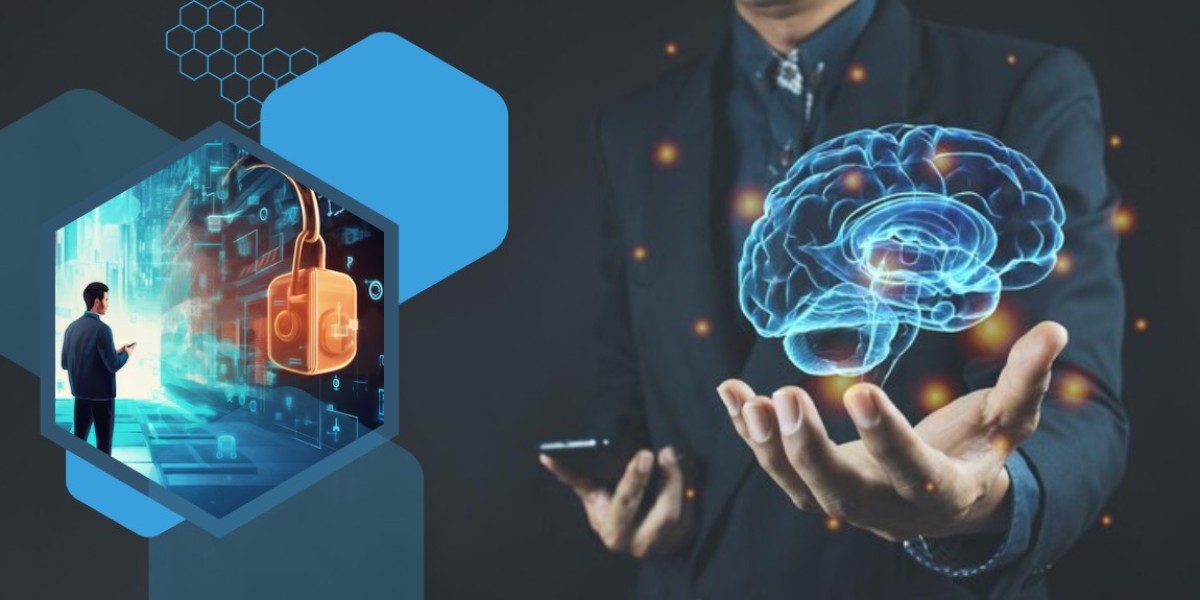Introduction
Personality development requires identifying and cultivating the characteristics that distinguish you. It is a self-improvement journey that allows you to grow as a person and improves your interactions with the world. Whether you want to raise your confidence, improve your social skills, or simply become the best version of yourself, these simple steps can help you get there.
1. Know Yourself
Self-awareness is the initial step in the personality development process. Take time to consider your own talents, limitations, interests, and values. Ask yourself, “What am I good at?” and “What areas do I need to improve?” Understanding who you are and what you desire will help you progress. You might also want to keep a notebook to monitor your thoughts and development.
2. Develop Confidence
Confidence is essential to personality development. When you believe in yourself, people will likely believe in you as well. Begin by setting small, attainable goals and celebrating when you meet them. Surround yourself with positive people who will motivate you. Remember that everyone makes errors, and it is acceptable to learn from them. Your confidence will gradually increase.
3. Improve Communication Skills
Good communication skills are vital in both personal and professional settings. To improve your communication abilities, practice active listening—pay attention to what the other person is saying before answering. Speak clearly and accurately, and do not be scared to communicate your opinions and ideas. Also, pay attention to your body language, which can reveal a lot about your confidence and attitude.
4. Develop Positivity
A positive mindset can change your personality. Look for positivity in every situation and strive to view setbacks as chances to learn and improve. Practicing gratitude—being thankful for what you have—can also help you keep a pleasant attitude. Surround yourself with optimism by doing things you enjoy and spending time with people who inspire you.
5. Build Emotional Intelligence
Emotional intelligence is the ability to process and control your own emotions, as well as accept and influence the emotions of others. To develop your emotional intelligence, begin by becoming aware of your emotions and how they influence your behavior. Empathy is practiced by putting oneself in the shoes of others, and stress can be managed in healthy ways such as exercise, meditation, or talking to a friend.
6. Active Learning
Personal growth is a lifetime process, and learning is an important component of it. Keep your mind open to new experiences and information. Read books, attend classes, or begin a new interest. The more you learn, the more you progress. This will increase not just your interest and knowledge, but also your confidence and adaptability.
7. Be Yourself
Finally, remember that personality development is about being the best version of yourself, rather than changing who you are. Accept your unique qualities and remain true to yourself. Authenticity is appealing, and people gravitate toward real individuals. Don’t compare yourself to others; everyone’s journey is unique, and what counts most is that you’re moving forward on your own route.
Conclusion
Personality development is a joyful adventure that will help you realize your greatest potential. A well-rounded and powerful personality can be developed by emphasizing self-awareness, confidence, communication, positivism, emotional intelligence, continual learning, and authenticity. Remember that it’s a gradual process, so be patient with yourself and enjoy the ride as you mature and become your best self. Personality Development resources like Mindbloom, books like Art and Artist by Charles Francis and Self Theories by Carol S. Dweck can provide insight into developing your personality.







